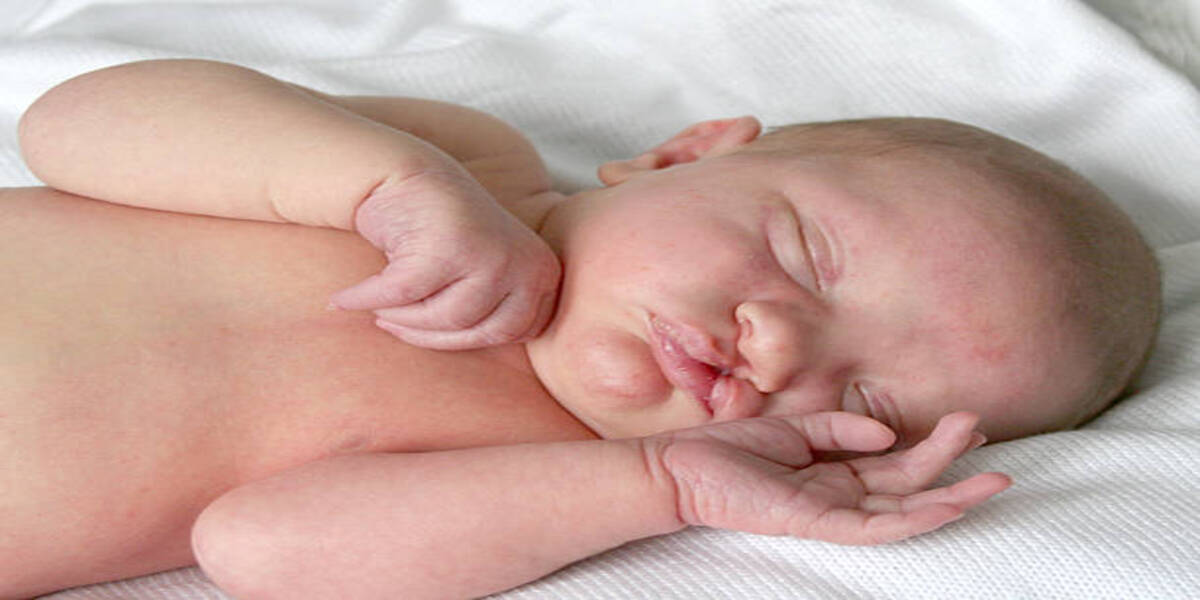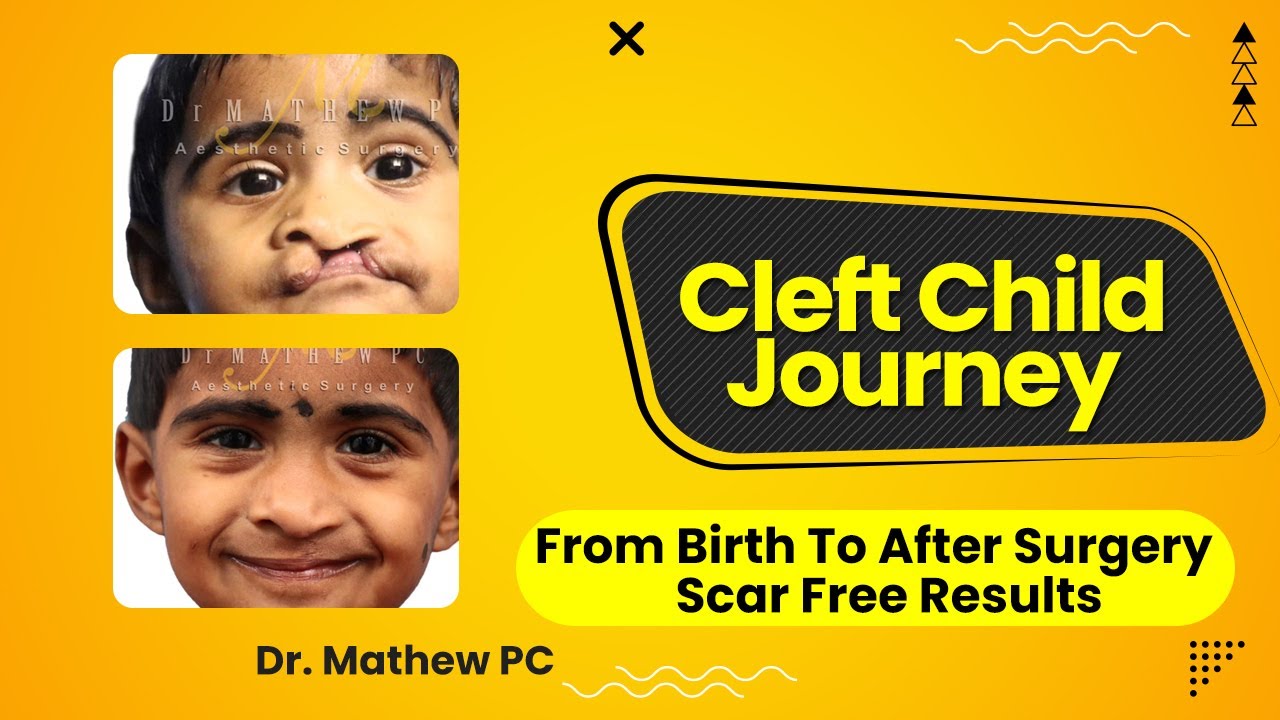Best Scar Free Cleft Lip Surgery – A New Hope For Cleft Lip Patients
Discover Scar-Free Cleft Lip Surgery by Dr. Mathew P C, India's leading surgeon. Achieve seamless healing and boost confidence. Explore our advanced treatments.

People all around the world are affected by cleft lip and palate, which is one of the most prevalent birth abnormalities. Babies with a cleft lip have an apparent divide in their top lip that can lead to difficulties with eating, speaking, and hearing. Scar free Cleft Lip Surgery is often required to close the separated upper lip, which results in amazing scar free results.
Our hospital provides the best scar free cleft lip surgery in India. Dr Mathew P C is a renowned cleft lip surgeon or the best cleft lip surgeon in India. He has done more than 1000 cleft lip surgeries that include bilateral cleft lip surgery, unilateral cleft lip surgery with or without bone grafting procedures and other types of craniofacial deformities.
A cleft palate is another type of cleft that involves the formation of a hole in the roof of the mouth during pregnancy. A cleft lip is aesthetically undesirable, and while children with this condition generally lead healthy lives, they may be self-conscious about their appearance. The cleft lip surgery method can assist restore the look and use of the lip and mouth, but it will generally leave obvious scars. Fortunately, clinically-tested scar management solutions are readily available and very easy to obtain online.
Before a child reaches 12 months of age, cleft lip repair surgery is generally done. Genetics and possibly environmental circumstances such as prenatal medications or smoking and drinking can all play a role, but a healthy pregnancy with no family history may produce a cleft.
Children with a cleft lip or palate may have trouble with anyone or a combination of the following difficulties because of the deformity in the nose and mouth region:
• Bottle-feeding
• Speech development
• ear infections or hearing loss
• poor dental health
• Visible scarring
The majority of these difficulties are treated by an ear, nose and throat specialist, speech therapist, or skilled dental practitioner. Unfortunately, the scar from a cleft lip repair surgery can be quite visible, causing lifelong discomfort and lowering the kid’s self-esteem. Medical silicone gels and over-the-counter medications have long been used to help decrease scars.
Scar Free Cleft Lip Surgery
Scar Free Cleft Lip Surgery under general anaesthesia is often required to close the opening caused by a cleft lip or palate. During the surgery, a plastic surgeon will make minimal incisions on the outer edges of the separated tissues and sew the lip together. Small, dissolvable stitches are commonly used to reduce visible scarring. A cleft lip and palate surgery are best performed within the first 12 months of a child’s life, generally between 3 and 6 months old. This is to avoid any post-surgical complications later in life when the baby’s face begins to mature and develop structural changes. However, each case is unique depending on the infant’s health.
Taking Care of a Lip Scar
A visible scar following cleft lip repair surgery will be left, and it will appear red, swollen, and bruised after treatment. Swelling might take a few weeks to resolve, and the scar may become thick, lumpy, and even pull the lip back up as it shrinks in the early months. This is all part of how a scar heals; be aware that scars can take years to ‘settle’ into their final form.
It’s critical to keep the scar clean and free of scabs, as this aids with the removal of stitches. Before you leave the hospital, you will be instructed on how to care for your baby’s lip.
Following surgery, you should not use a placeholder/comforter for at least several weeks, and you should try to forestall your child from putting their fingers or toys in their mouth. In rare cases, infections can develop. Excessive heat or a loss of appetite are two warning symptoms. Call the ward or your doctor if you notice anything unusual.
Your surgeon will provide you with professional recommendations on how to care for the scar of your child. If you have any questions or concerns, talk to your doctor or a member of your team, or contact a Cleft Nurse specialist if required.
Stitches in the wound may be dissolvable or have to be removed, and it’s a good idea to let us know ahead of time whether you will need an additional operation. You’ll need to return to the hospital for a follow-up appointment not long after your surgery with either method, and you’ll get information about that before you go home.


